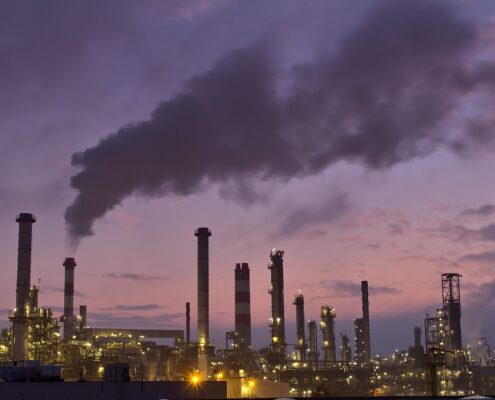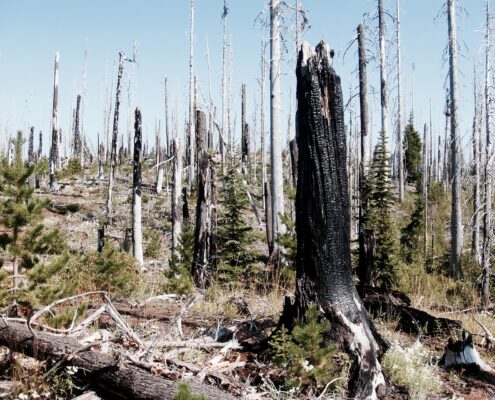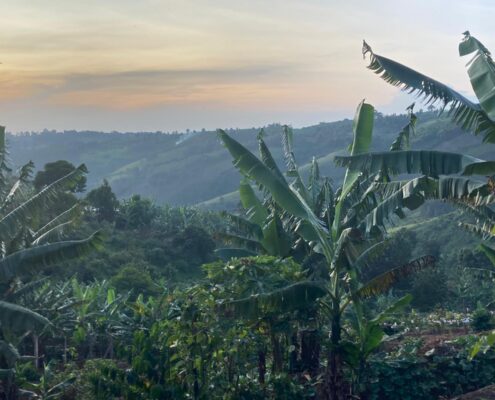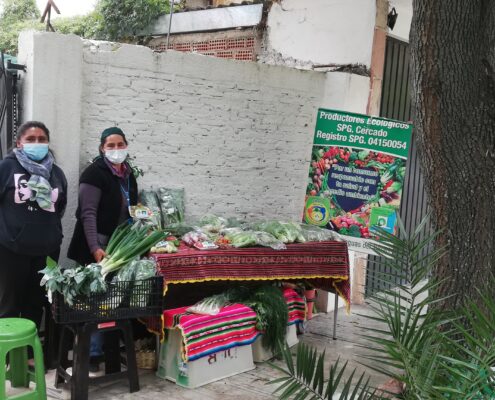 https://greenmarked.it/wp-content/uploads/2024/06/agriculture-2361978_1280.jpg
779
1280
Etienne Hoekstra
https://greenmarked.it/wp-content/uploads/2022/01/LOGO-GREENMARKED-SITO-600x600.png
Etienne Hoekstra2024-06-28 18:34:132024-06-29 10:24:20Balancing Agriculture and Sustainability in the EU
https://greenmarked.it/wp-content/uploads/2024/06/agriculture-2361978_1280.jpg
779
1280
Etienne Hoekstra
https://greenmarked.it/wp-content/uploads/2022/01/LOGO-GREENMARKED-SITO-600x600.png
Etienne Hoekstra2024-06-28 18:34:132024-06-29 10:24:20Balancing Agriculture and Sustainability in the EUMarch 17, 2023
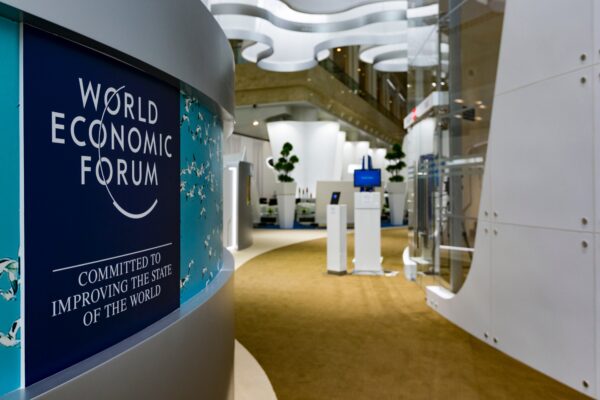
The World Economic Forum (WEF) is an independent international organization whose mission is to highlight certain guidelines that the world community should follow for human development on the planet.
Its presence has been much discussed in recent years and is not well regarded by all in the same way, as a significant proportion of its participants are wealthy businessmen, whose purposes are not always well known to most. The suspicion is that of hiding ulterior motives, behind the proposed philanthropic actions. A position not only typical of the so-called “Conspiracists,” but also of such distinguished figures as Greta Thunberg, one of the best-known young environmental activists. A few months ago, her criticism went straight to the heart of the matter, claiming that: “Here in Davos are the people who are most fueling the destruction of the planet” [1]. Davos is the site of the WEF meeting.
Doubts perhaps arise from the engagement of this organization in so many (perhaps too many) different areas, an inevitable consequence of its mission: to make assessments in every area of human activities to guide its global development.
Thus, if, for example, the WEF presents itself as one of the biggest promoters of the so-called “Digital Transformation of the World” [2], on the other hand, it advocates the importance of contact with nature, an eco-sustainable development of the world, with renewable sources and Eco-villages 2.0 [3], a topic we previously discussed.
WEF’s Environmental Policies
To date, the World Economic Forum has highlighted seven Pillars of Environmental Policy:
1) Understanding the Risks of Environmental Change;
2) Building Environmental Coalitions;
3) Sustainable Use of the Earth;
4) Understanding the Social Cost of Non-Renewable Energy Sources;
5) Investing in Climate Action;
6) Transition to Clean Energy;
7) The Paris Agreement.
Each of these points has particular declinations, developed at the theoretical level in great depth, with an explicit attempt at practical implementation in a system of regulations and laws to be “recommended” to individual state governments [4].
Quickly examining all the points, we notice how the first is given by the product of several factors: namely, the issue of environmental sustainability with the care of water, oceans, forests, air pollution and global risk factors, which go to affect the planet’s biodiversity. A very important issue, which the WEF recently returned to discuss on its website with an article, in relation to the risk of spreading infectious diseases to humans [5].
Jumping momentarily to the third point, we note how it joins the first, however, also incorporating technology, central to the development of human life on the planet for the WEF, as already explained. Biotechnology, the Internet of Things, but also human rights and a new approach to banking and market systems are all integral to Sustainable Development. This requires building climate corporations (the second pillar of the list), of which not only banks are part, but the structuring of agile Governance and Finance 2.0, with entirely new urban systems.
The fourth point includes the renewal of the financial and political system but also focuses on identifying global risks and Social Protection, with the aim of creating a planned Insurance for our future. Investment in Climate Action also passes through the finance revolution and also points to the development of new infrastructure and the famous “circular economy” [6].
The sixth point passes and sees the light through the “Fourth Industrial Revolution,” with new infrastructure, batteries, technologies and automation, with the use of new energy sources such as hydrogen. Finally, the last pillar includes the points of the famous Treaty and aims to concretely engage citizen participation, with the relevant state legislative and judicial apparatuses, toward Innovation.
In conclusion, while it is true, as Greta says, that the largest producers of non-sustainable resources gather within the WEF, it is also evident that many people active in the field of solidarity and human growth, as well as environmental sustainability, find space among the various games of interest.
Its interdisciplinary nature brings out all its contradictions, which a careful critical mind can evaluate and discern. Being thoughtful and informed citizens is the key to promoting practices that transparently support our future, for our own and the environment’s protection.
Conspiracy vs Salvation
The sociological reading, which emerges from this article, shows the complexity of reality and the variety of interests at stake: anyone who has interests logically seeks to pursue them and form groups, in order to succeed as best and as quickly as possible. Therefore, in order to prevent the consequent initiatives from being imposed on us from above, there is no other solution but to inform ourselves carefully and take action, in order to prevent or favor certain projects.
In summary, “conspiracy” is an inevitable consequence of vested interests as well as human nature, and it is ignorance of such policies that makes it appear as such. Everything is written down and findable on the appropriate official sites via the web or by visiting the relevant administrations (certainly with increasing effort and commitment the deeper one goes).
“Salvation” can never be offered by an international body such as the WEF, however rich and competent, because it is impossible (and perhaps presumptuous) to establish unambiguous rules for all of humanity, mostly with considerable cultural, ethical and economic interest conflicts within.
Salvation comes from all of us.
Ad maiora!
Related articles:
References:
[1] Tg, R. S. (2023, January 20). Davos, Greta Thunberg a manifestazione protesta Fridays for Future. VIDEO. https://tg24.sky.it/ambiente/2023/01/20/davos-greta-thunberg-fridays-for-future-video
[2] Digital Transformation. (n.d.). https://initiatives.weforum.org/digital-transformation/home
[3] Cnn, N. L. (2022, September 9). Architects in Dubai dream up a massive space-age ring to encircle the world’s tallest building. CNN. https://edition.cnn.com/style/article/dubai-downtown-circle-znera-space-design-spc-intl/index.html
[4] World Economic Forum. (n.d.). Strategic Intelligence | World Economic Forum. Strategic Intelligence. https://intelligence.weforum.org/topics/a1Gb0000000LHVfEAO/key-issues/a1Gb00000015QeOEAU
[5] Cutting pollution could slow the spread of anti-microbial resistance. (2023, March 13). World Economic Forum. https://www.weforum.org/agenda/2023/03/antimicrobial-resistance-pollution-superbug/
[6] Economia Circolare. (2023, March 11). World Economic Forum Archivi – Economia Circolare. https://economiacircolare.com/tag/world-economic-forum/
Cover- and preview image: 2019 Word Economic Forum Expo in China. Photo by Evangeline Shaw on Unsplash. Freely licensed for commercial use.



